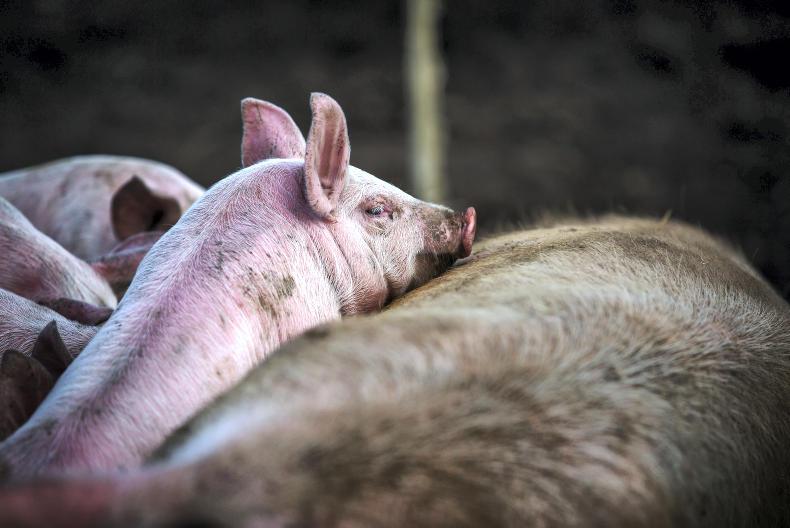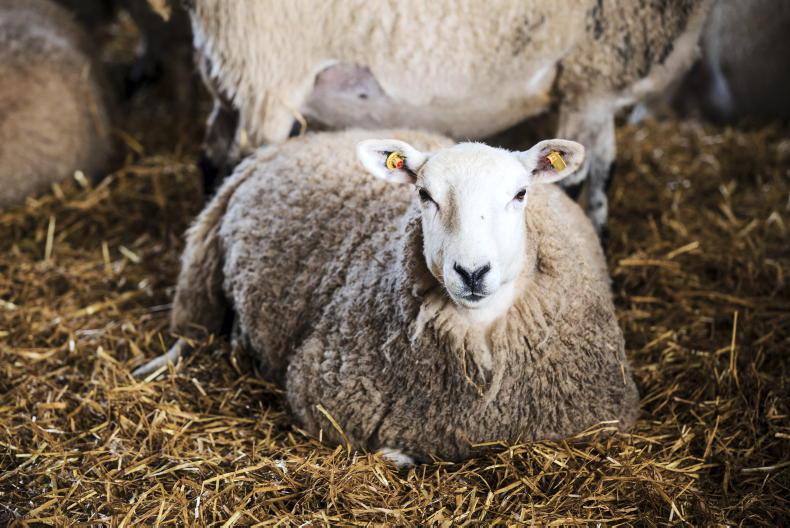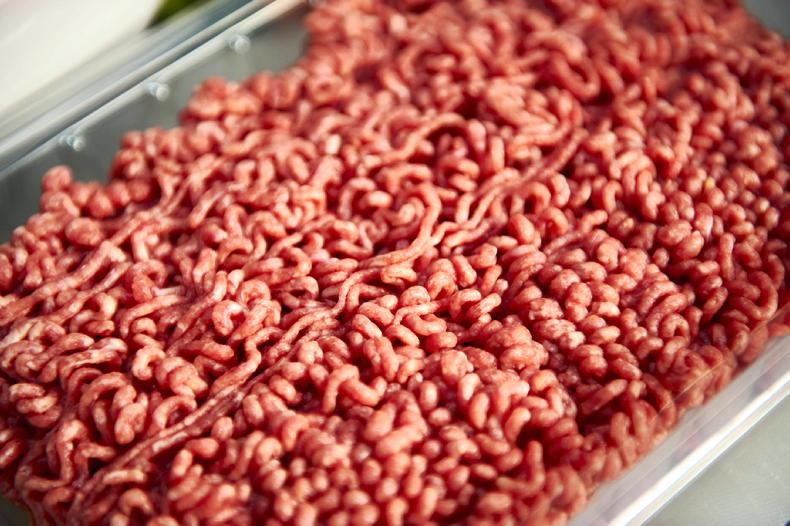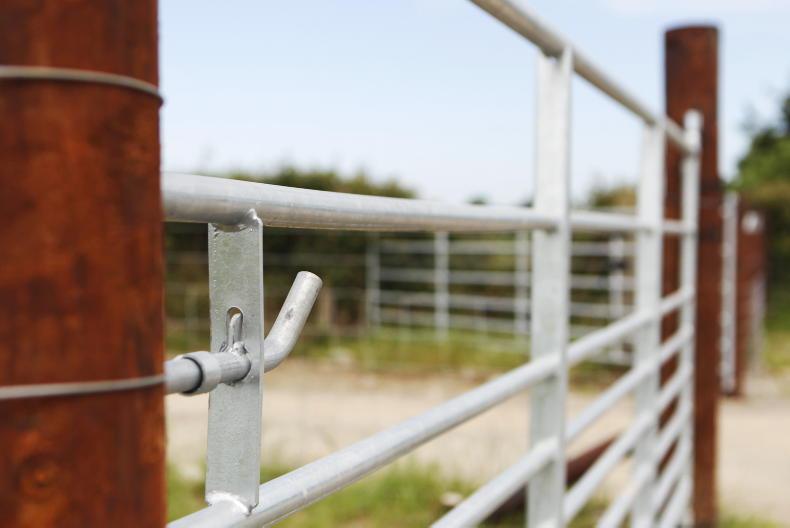Protecting livestock from important diseases such as watery mouth and navel ill will be thwarted by EU rules to eliminate the use of antimicrobials as a preventative measure, vets have warned.’
Cattle, chicken and pig farms will also be prevented from batch dosing to improve performance or to head off inflections before clinical signs.
Treating animals with antibiotics will only be permitted on animals that show a sign of disease and have a veterinary prescription.
The informally agreed rules ban the use of antibiotics that help animal performance or allow poor animal husbandry across the EU.
Farmers Journal Scotland understands that the Pig Veterinary Society and the Nation Pig Association have written to the UK chief vet to voice concerns about the ban of a group of prophylactic antibiotics.
“We are concerned about the change, as won’t be able to treat sick pigs to the best of our ability,” said Andy McGowan, chief executive of Scottish Pig Producers. “The UK pig sector has halved usage in two years already, so I think we can demonstrate a strong commitment to responsible use of antibiotics without needing arbitrary bans.”
Meanwhile, earlier this week the sheep industry was shortlisted for the Antibiotic Guardian Awards 2018 for their efforts to reduce antibiotic usage.
Despite concern from some farmers, the move has been heralded as a step in the right direction for public health, according to MEP Françoise Grossetête. She said: “Indeed, beyond farmers or animal owners, the use of veterinary medicines concerns us all, because it has a direct impact on our environment and our food – in short, on our health.”
“Thanks to this law, we will be able to reduce the consumption of antibiotics on livestock farms, an important source of resistance that is then transmitted to humans. Antibiotic resistance is a real sword of Damocles, threatening to send our healthcare system back to the Middle Ages.”
According to the European Parliament, antimicrobial resistance (AMR) is responsible for an estimated 25,000 deaths and €1.5bn in extra healthcare costs every year in the EU alone.
Bob Carruth, communications director at NFUS said: “The overriding aim of this legislation is to reduce antibiotic use in animals. Understandably, AMR is a top-priority for the European Commission, and at this stage it will be difficult to say what implications the new legislation will have on the ground for farmers.”
The proposed rules also set out that imported foodstuff must match the same standard. This could have an effect on potential meat imports from North and South America.
The agreement will be put to a vote in the Environment committee during its 20-21 June meeting.










SHARING OPTIONS